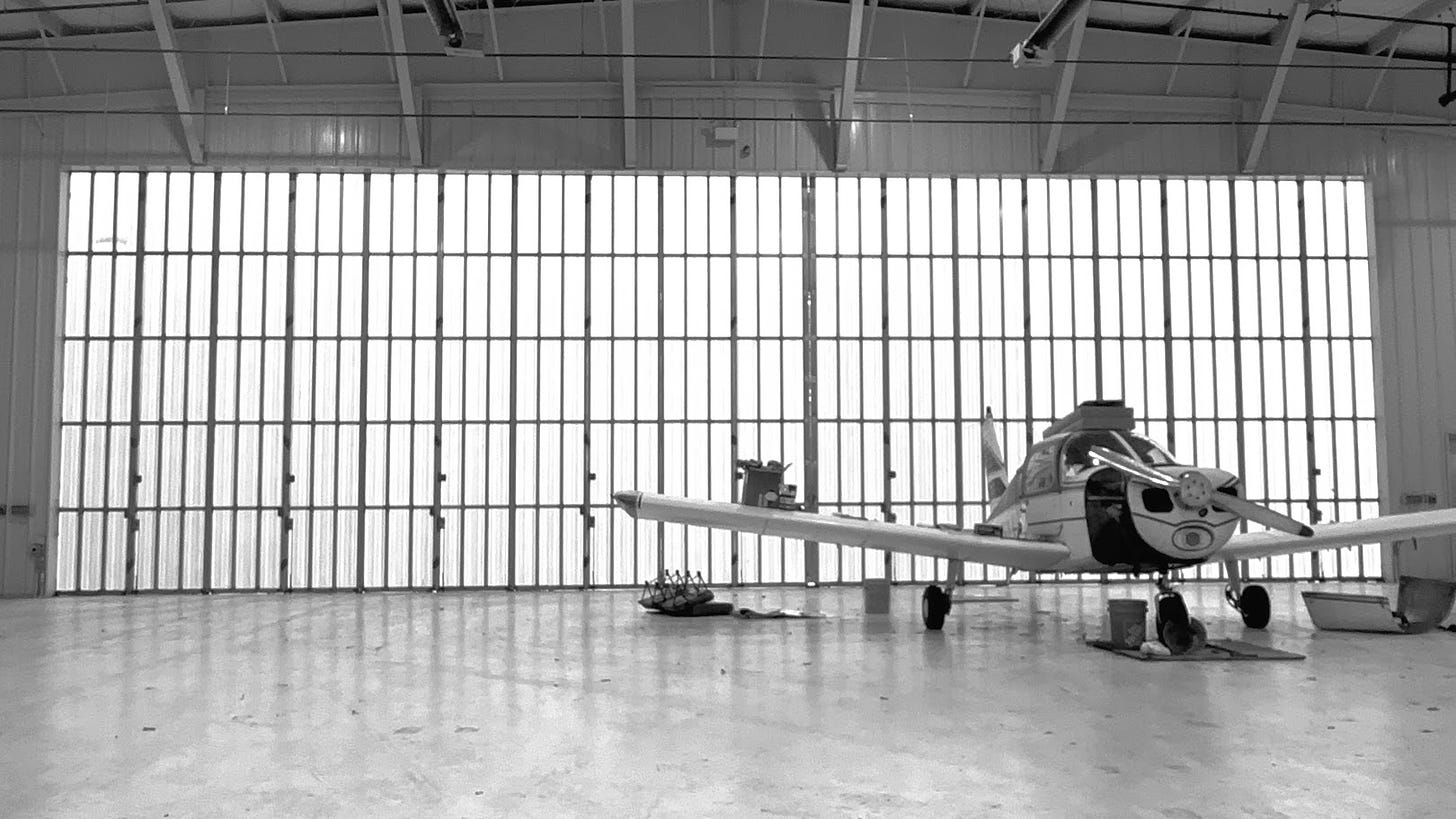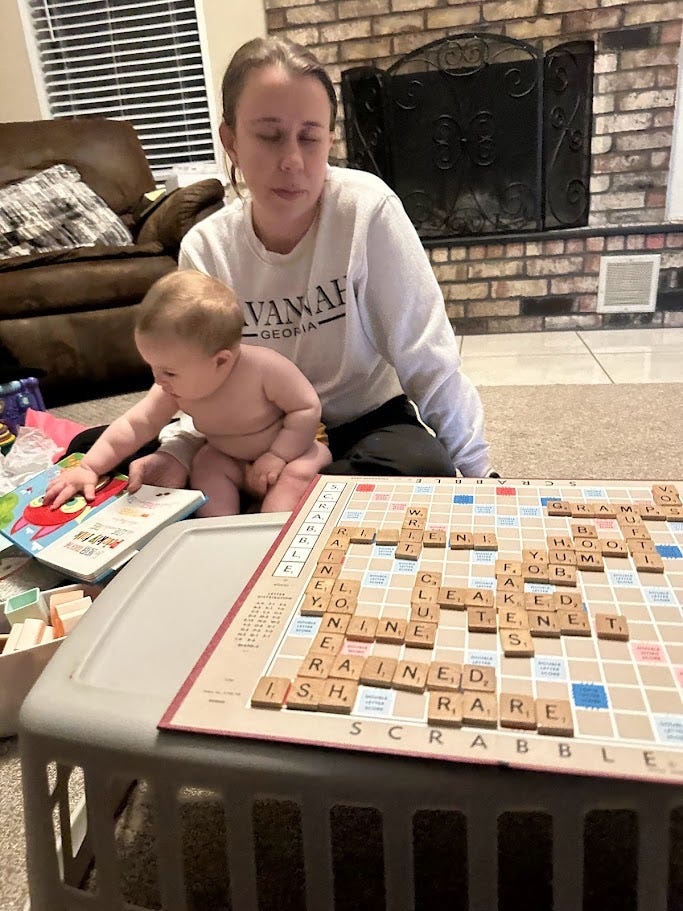I pulled into my driveway and let out a long sigh as the garage door closed in front of me. The peace of my silent truck insulated me from the chaos of my professional life. It had been another day filled with stressful meetings, constantly trying to sell people ideas that would only lead to progress, even if they couldn't see the benefits.
Starting something from the ground up takes work. Sometimes, more work than needed. Often, you find yourself navigating bureaucracies, budgets, and concrete limitations as you discover the realistic boundaries of your capabilities and capacity for getting the job done.
I always avoid working late, but sometimes I fail. Other people's lack of organization can bleed into my reality, and despite my efforts to defend against it, sometimes I'm left with no choice but to simply react. My lack of foresight and ability to mitigate that risk can sometimes lead me to overwork and get home late.
A superior officer once told me that a military officer exists as a “change agent” inside the formation. He pointed out that while enlisted personnel are supposed to know and follow the rules to the letter, officers are trained to think abstractly, have new ideas, and then turn those ideas into realities.
However, this often comes at the expense of personal life. Officers typically have higher divorce rates, miss out on time with their kids, and are always overworked. They see their job not just as a vocation but as a calling, something they're sacrificing for the betterment of all. And they're not wrong.
However, as a Christian man, I know I have responsibilities outside of work. I have a small child and a wife who need me to be there for them. Overworking could cause them to have a less-than-ideal life as the realities of having an absent father and husband take their toll.
Zero Inbox
Practicing a zero inbox has been a game-changer in preventing overworking. There are many methodologies to having a “zero inbox”, but essentially the heart of the process is to address every email immediately so your inbox doesn’t fill up.
There are two possible responses when your inbox dings. Respond immediately if the response will take under five minutes and you aren’t in the middle of a deep work session. If there is an implied task, you need to think about your response, or typing things out will take over five minutes; you then categorize the email and add it to your calendar to do it later.
This allows you to maintain focus and maximize your time for communications. Practicing a zero inbox means you don’t have to worry about deciding when you are done for the day. Either you have things to disposition in your inbox, or you don’t, it's that simple. When you pair this practice with time blocking, you have a doable schedule where nothing falls through the cracks, and you go home on time. It is that easy.
Time Blocking
Time blocking is one of the best ways to prevent overwork. You allocate time for everything, even sleep, so that nothing can get scheduled on top of it. When you want to prioritize something, you simply put it on the calendar. From there, you know the when, where, and why you do a specific activity. There is no attempt to figure things out on the fly; you just do what's on your calendar. You don’t have to remember anything. Your calendar will tell you.
If someone asks you to do something, you immediately know whether you have time because your calendar is already populated. You know when you'll be at home, at work, and what you'll be doing. By time blocking, you can make decisions based on your availability and the cost-benefit of a task. You know how long something will take and then you can see what it will cost you before you commit to it.
The best part of time blocking is that it’s simple and free. Digitally, you can use Google Calander or Outlook and plug things in as your inbox dings. When a request comes in or you have an idea, you simply look for a suitable white space and plug it in. If you can’t find any, well, you are simply too busy, and the request isn’t enough of a priority.
Yes, But…
Early in my professional life, I found people saying no or stating that things can't be done. Often, this was rooted in laziness, lack of vision, or outright fear of risk. So, I developed a strong bias for always entertaining any ideas. The word “no” is an unimaginative non-starter; at least saying “yes” allows something to be entertained.
Yet you can’t do it all. At some point, nothing has to be said. So, as time progressed, I also learned to follow it with, "That will come at the expense of something else. Are you willing to give that up?" This helps frame the request realistically and allows others to decide whether it's worth it. You aren’t saying no; you are saying “yes” and then following it up with “but…” and allowing them to respond as they feel appropriate.
While these steps defend my day, efforts, and, most importantly, my energy, it doesn’t completely save me from being overrun with tasks and shenanigans. However, life and work is an art, not a science. When naming this publication, I wanted to come up with something that implied that we are always getting better, always improving. It is situations like these that lead me to call it:
Hone the Edge.

Subscribe to Hone the Edge
Weekly Chautauquas on Self Improvement

















